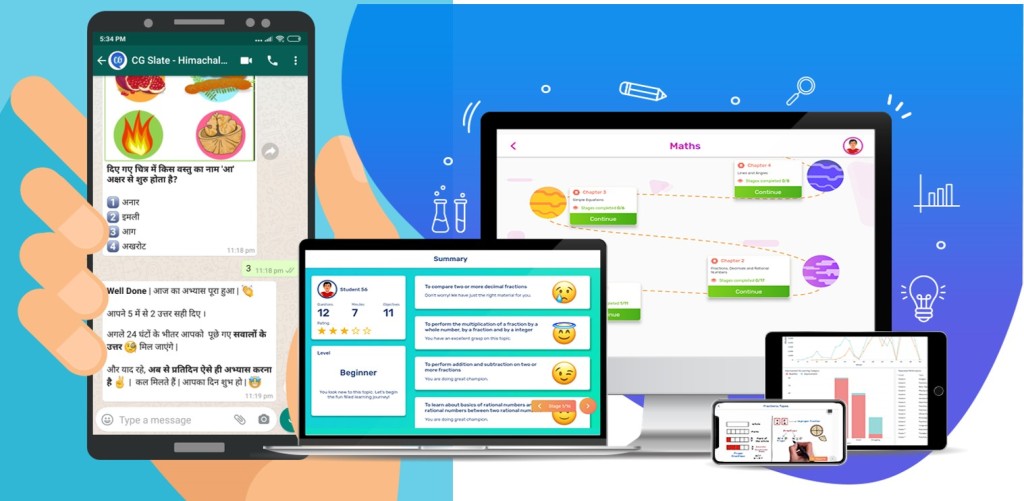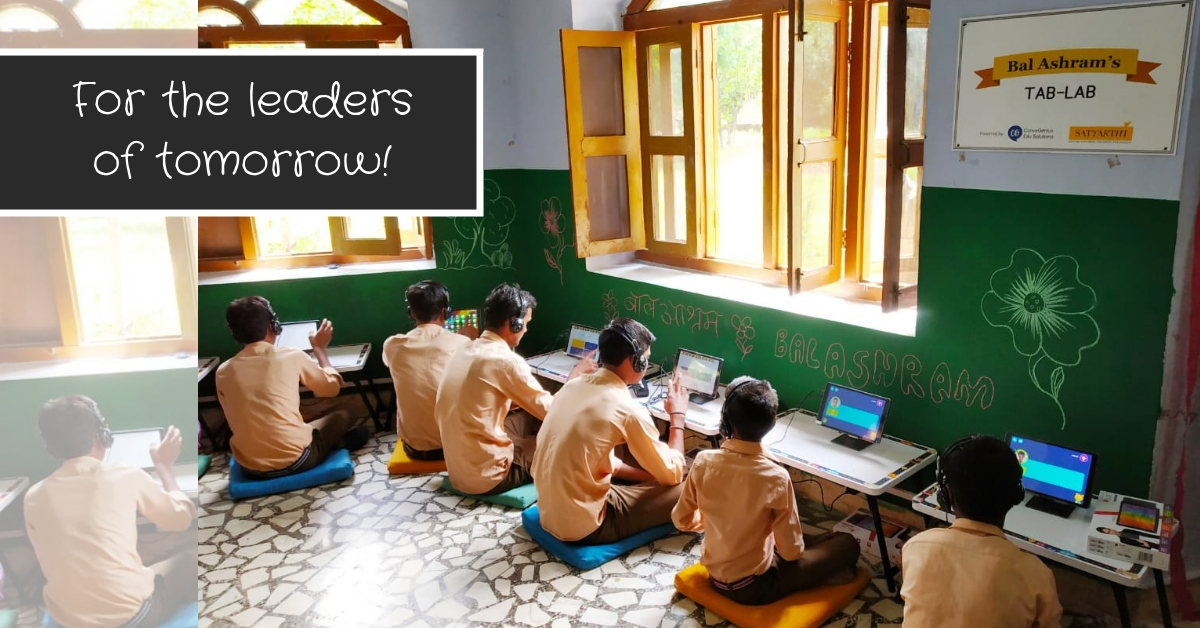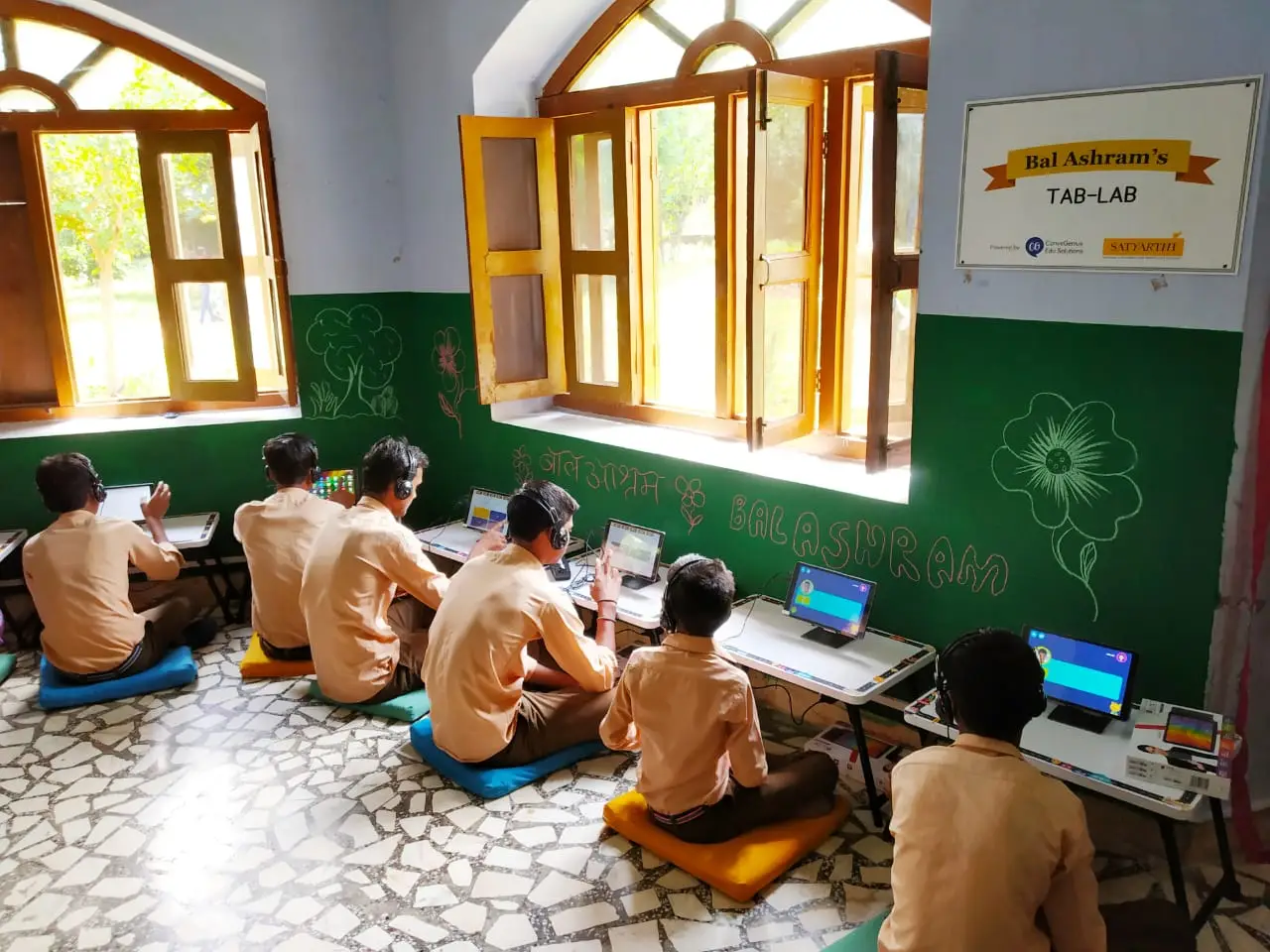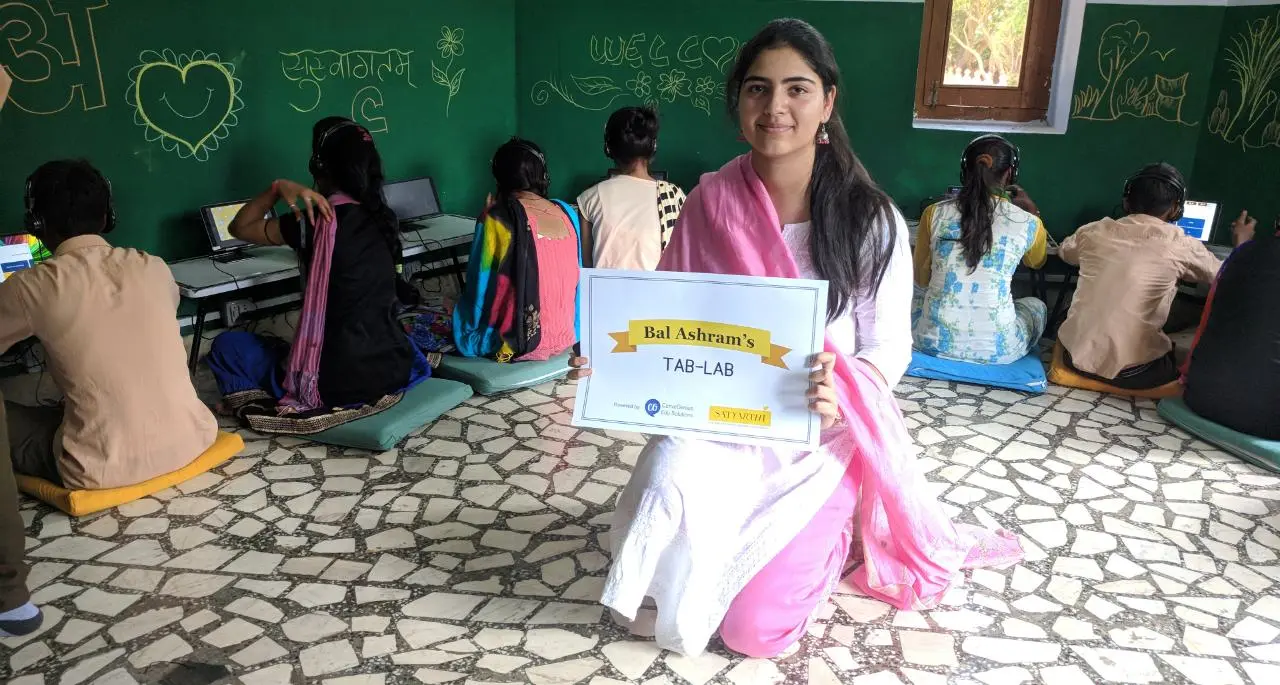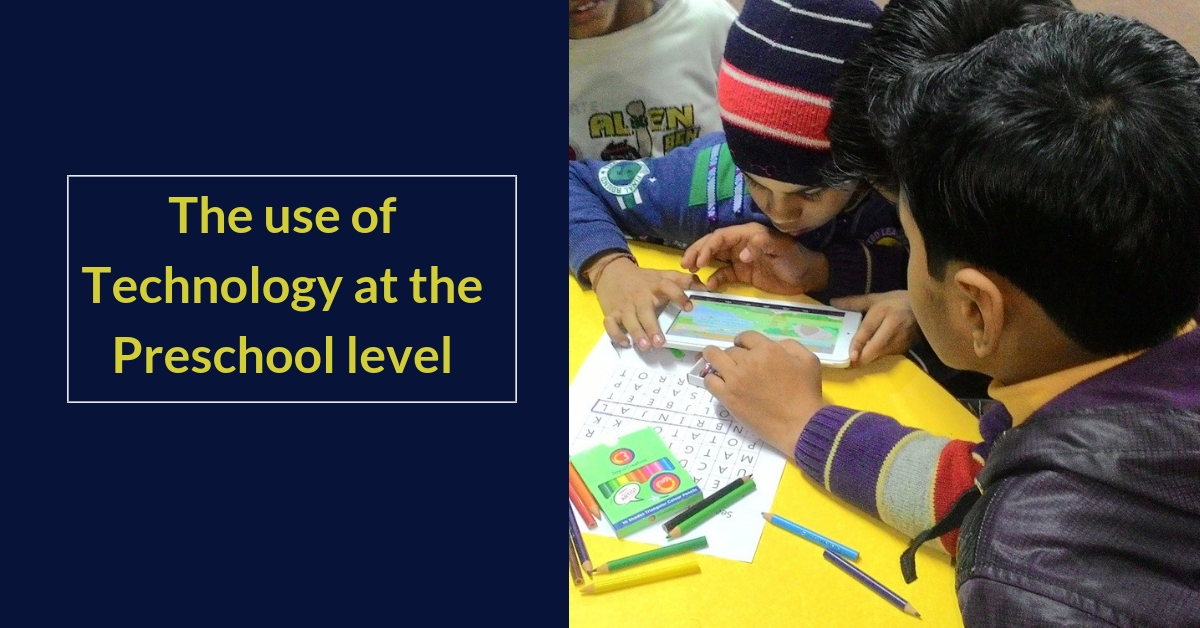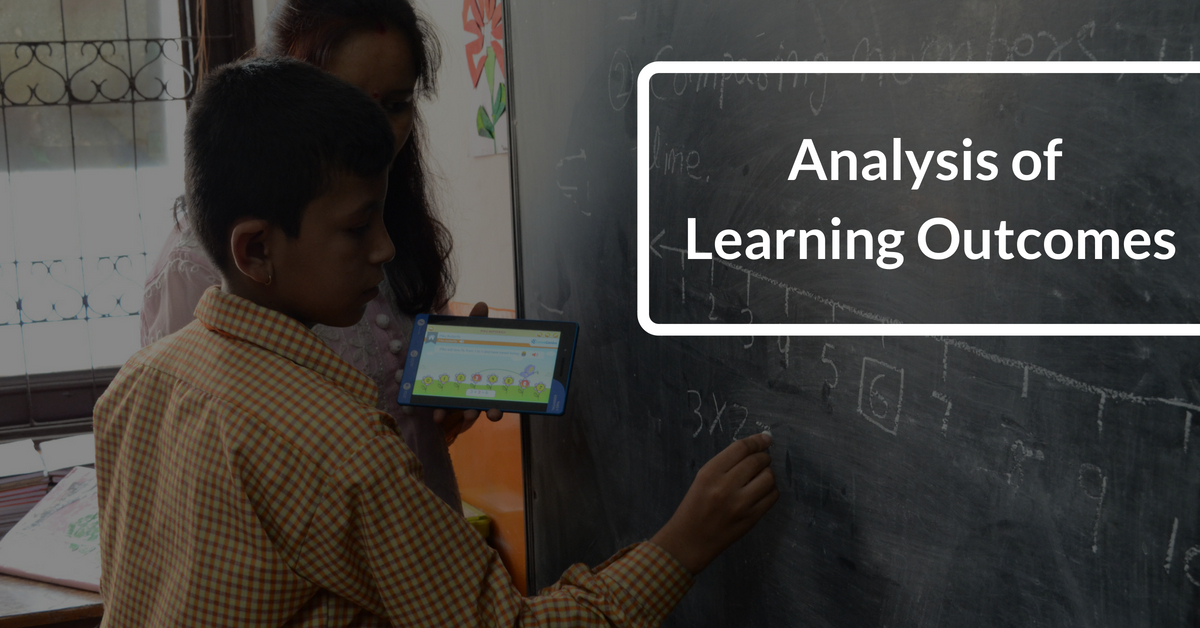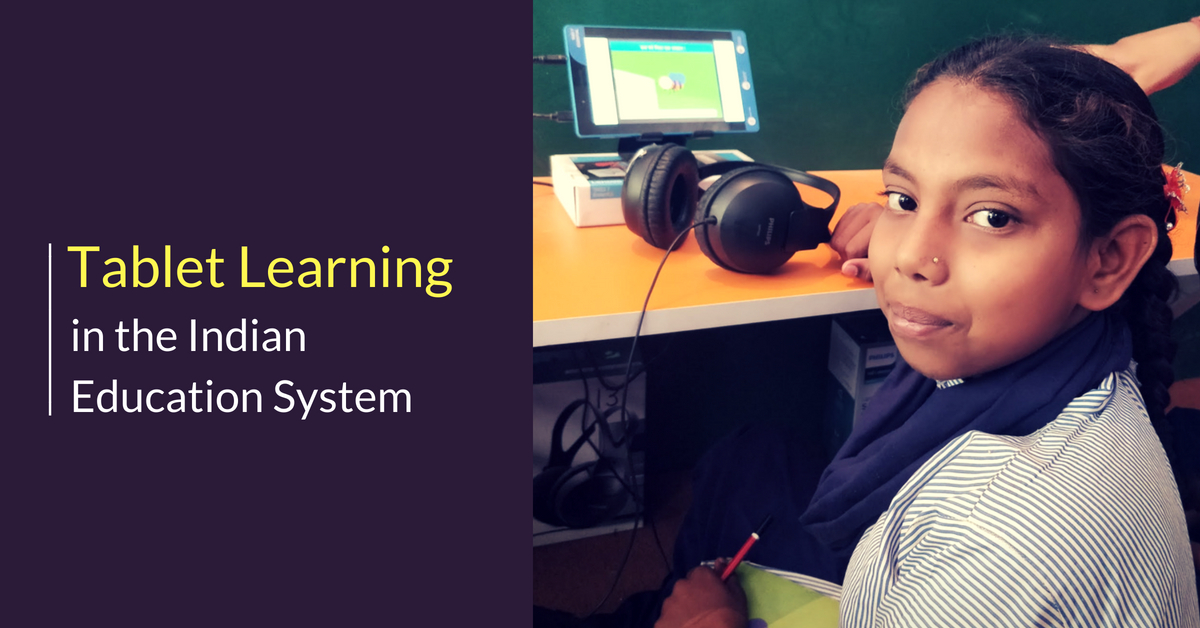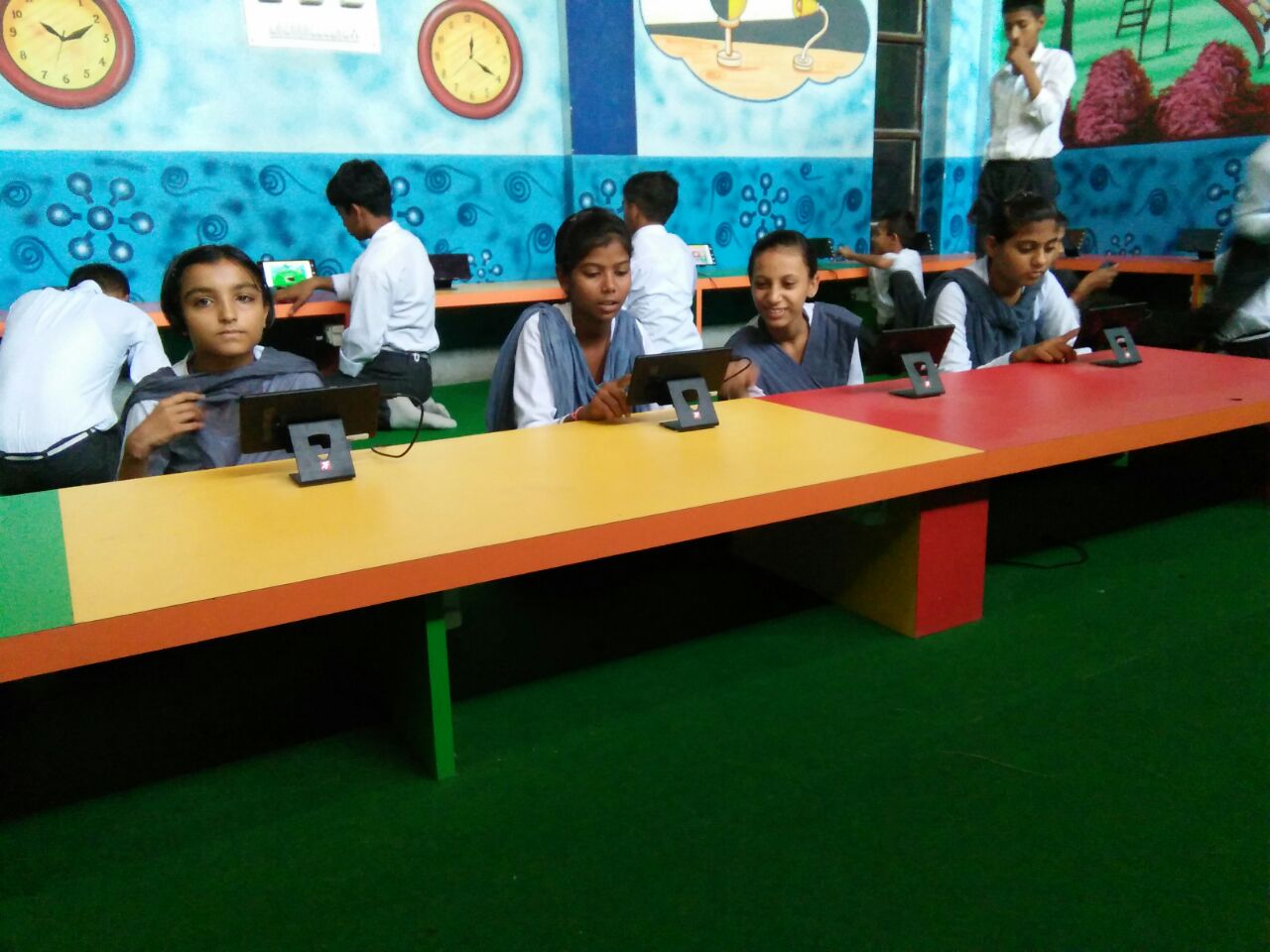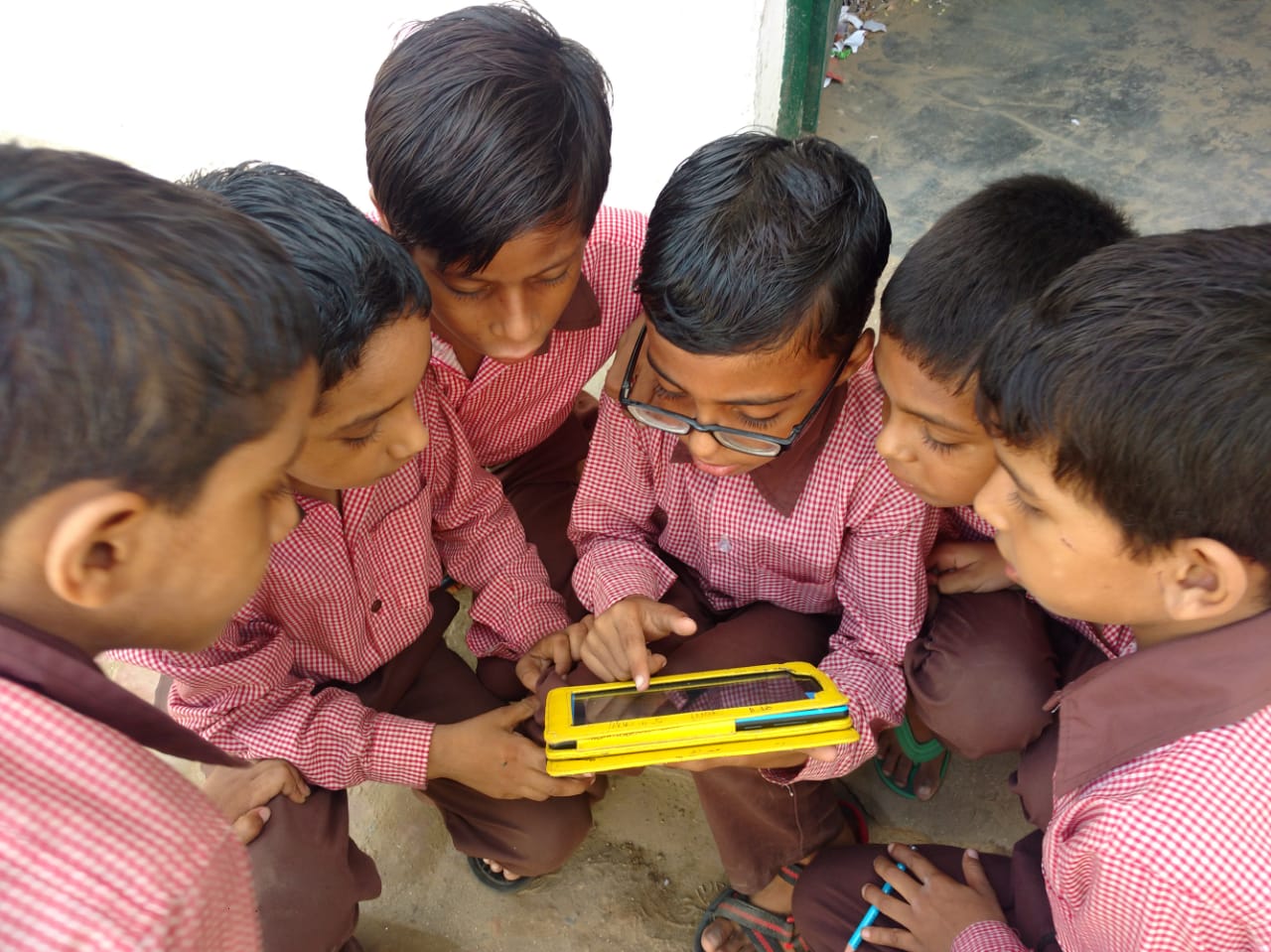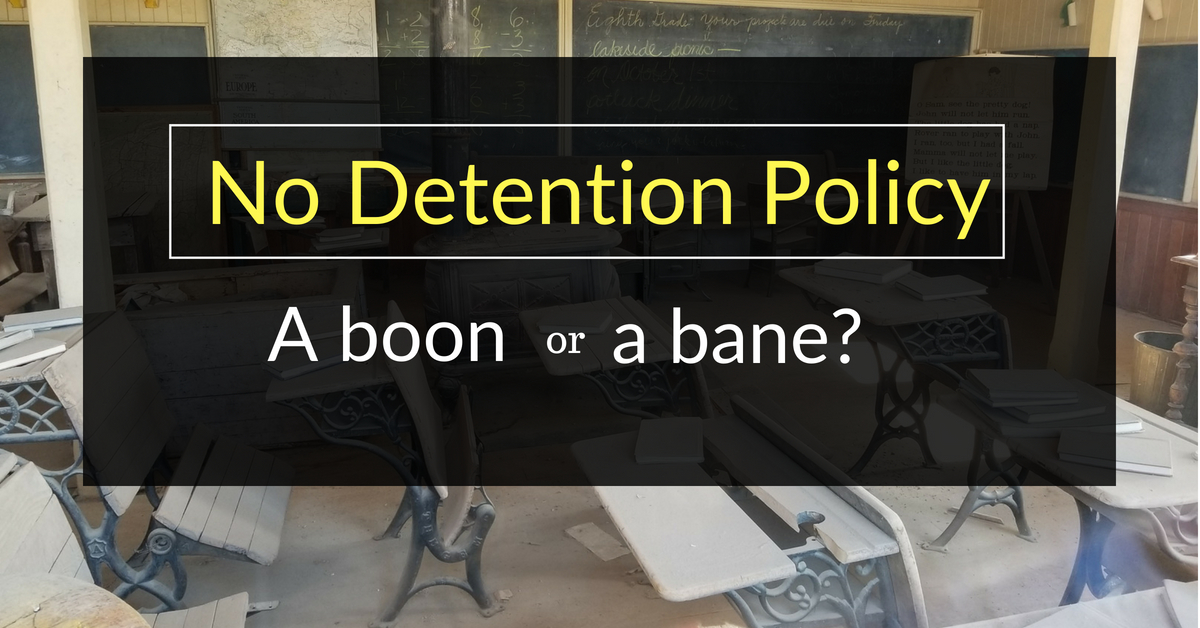The novel coronavirus has shaken every nook and corner of the world. It has forced the entire education industry to bring up the most inevitable changes in its functioning.
Schools have been shut since March with no clarity on when they would re-open. Several EdTech solutions are working to digitize education for the benefit of students. Their major focus is towards high-fee private schools. These solutions are instrumental in helping schools’ transition to online learning, but they are expensive. They have hefty subscription prices and require high-speed internet. This leaves the most affordable schools in a dilemma of how to teach and engage their students remotely.
The biggest concern lies in the education of underprivileged children studying in government schools and low-fee private schools.
Around 130 million children attend government schools in India. It is more than the overall population of many countries. They live in low-resource environments as most of these children cannot afford a tablet or a personal smartphone. Only the earning members own smartphones, if any, availability of which differs from state to state. A large number of these children can do wonders, a little nudge is all that is needed.
ConveGenius, an EdTech social enterprise that has been working to guarantee quality public education in India for 7 years, provides that nudge.
ConveGenius is currently impacting more than 1 million children from classes KG-10 across India. The penetration is highly diverse with 9 vernacular languages and a reach in 16 states.
As our response to COVID-19, we have partnered with many state governments, CSRs, NGOs, and schools to ensure continuity of education in the middle of this pandemic.
Ever since the pandemic began, we have been laser focused on the key factors that aid teachers and children to engage and create successful teaching-learning experiences remotely. Here they are:
1. Access to Content
With regular classes at halt, learning is happening through digital mediums. ConveGenius provides a very practical blended learning solution and enables teacher-facilitated home learning – either through an App or WhatsApp. Providing free and asynchronous access to high-quality content is critical to make sure that when children return to school, they have not fallen behind.
The entire curriculum-mapped content is interactive and works with the basic internet plans (2G/3G) making it accessible in the most remote areas. This exponentially increases the reach of education for every student during the pandemic.
The blended model backtracks on a student’s progression to cover every possible gap of learning. Unlike a library, where you have to search every shelf for a book, ConveGenius provides formative assessments, individual feedback, and content recommendations automatically in the students’ learning journey. It significantly reduces the disruptive effects that the pandemic is causing to their education.
With this, students can learn and practice from the comfort of their homes. And teachers and other stakeholders can use our real-time dashboards to monitor the student progress and take appropriate actions in the virtual classrooms on the app. Even a simple WhatsApp group proves to be an effective virtual classroom in these trying times.
2. Monitoring and Evaluation
In a traditional learning environment, teachers understand their students simply by reading their expressions. Or even by reviewing their classwork. But that feedback is not available in virtual classrooms. Teachers have to rely on assumptions and remediation of errors is tough.
Since the government schools are expected to remain shut for a long time, we are helping the state governments to conduct large-scale assessments smoothly. We use AI-enabled chatbots and WhatsApp for this purpose due to its adoption among the target group.
Himachal Pradesh become the first state in India to launch AI-based personalised assessments during the lockdown to drive clarity and support at ground level, as described in this article.
These formative assessments align perfectly with what teachers are teaching in virtual classrooms. These assessments are carefully curated and shared in an easily accessible, user-friendly format that supports home learning.
Teachers use real-time data and trends accumulated through WhatsApp based assessments to calibrate the teaching process in a virtual classroom. Student-wise and topic-wise insights are available for teachers to teach at the right level and further personalize their instructions as per the classroom’s strengths and weaknesses.
3. Teacher Training
Most teachers who are leaping from physical classrooms to virtual classrooms were alien to this method of teaching. The challenge is to be accustomed to technology and use it accurately for interactive learning sessions.
ConveGenius focuses on the capacity building of teachers that allows a smooth transition. We have designed online training modules to enable them with data & decision-making abilities, best practices for content delivery, and a communication plan to build trust with students.
We provide a structured communication platform for planning new and improved strategies and lessons every week. Teachers stay up to date with their course and come up with new ideas to engage their students. We are also nudging teachers to assign home learning activities to students- both privately and to the whole class.
4. Doubt Solving Abilities
Teachers cannot help their students all the time. Especially during the pandemic, with household chores and focusing on their own methods of online teaching.
ConveGenius provides LIVE reports to all stakeholders in the program. This allows educators to broadcast LIVE/ pre-recorded sessions that are directed towards the weaknesses of students across the program. This reduces the pressure of teachers considerably and gives them opportunities to personally interact with their students.
ConveGenius has recently launched a doubt solving solution in Andhra Pradesh that allows students to ask doubts by sending a message, image, or a video over a WhatsApp-helpline number.
Over 70% of doubts faced by students are automatically answered by bots, and the remaining 30% is cleared by teachers within 24 hours. After the doubt is solved, the bot also provides examples to students to improve their understanding of concepts.
5. Parental Assistance
Most of the government/low-fee school students are part of families with uneducated or under-educated parents. Their involvement in their child’s education is significantly low. But with the pandemic in action, a parent’s role in their child’s education is bigger than ever.
ConveGenius brings together students, teachers, and parents under the umbrella of education. A lot of learning activities disseminated through our App and WhatsApp solution require parental assistance. It helps them improve their bonding as it nudges students to take the help of their parents.
Every crisis comes with an opportunity. This is an EdTech’s demonetization moment that can bridge the digital divide and create a levelled field for students from every background to play on.
ConveGenius is making quality education accessible to all, a dream which was once too ambitious for some children. We are working tirelessly to fulfil those aspirations with the hope to develop long-term systemic reform in India’s education.
If you are looking for an EdTech solution to help your students learn during the pandemic, in a budget, without compromising with the quality of education, ConveGenius may be the right partner to your organization.
Should you have any questions or suggestions, please do not hesitate to email us at info@convegenius.com . Thank you 🙂
